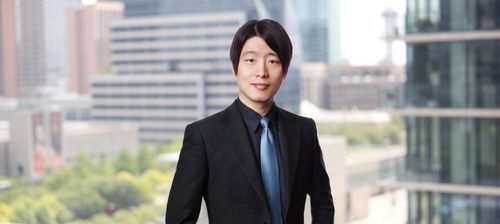Article
Piggybacking off of Another’s Patent License
Article
Piggybacking off of Another’s Patent License
December 8, 2015
Any opinions in this article are not those of Winston & Strawn or its clients. The opinions in this article are the author(s)’ opinions only.
IP Associate Gino Cheng authored the Intellectual Property Magazine article titled “Piggybacking off of Another’s Patent License.” Mr. Cheng addresses how the first-sale doctrine in the U.S. insulates purchasers of patented goods against infringement claims subsequently brought by a patent holder who authorized that sale. The patent holder’s patent rights and remedies with respect to that product’s use are said to be exhausted at the point of sale, explaining why this legal theory is also referred to as the “patent exhaustion” defense.
Specifically, the article reviews:
- The interplay in Nero between licensing standard-essential patents and patent remedies against complementary products
- The interplay in Helferich between licensing patents covering complementary services and patent exhaustion
Mr. Cheng concludes that although there are divergent outcomes in Nero and Helferich, they are nonetheless reconcilable. Companies engaged in licensing or providing products and services complementary to licensed technology will be better suited to navigate the U.S. patent exhaustion doctrine by heeding and discriminating between these two seemingly comparable but opposing guideposts.

